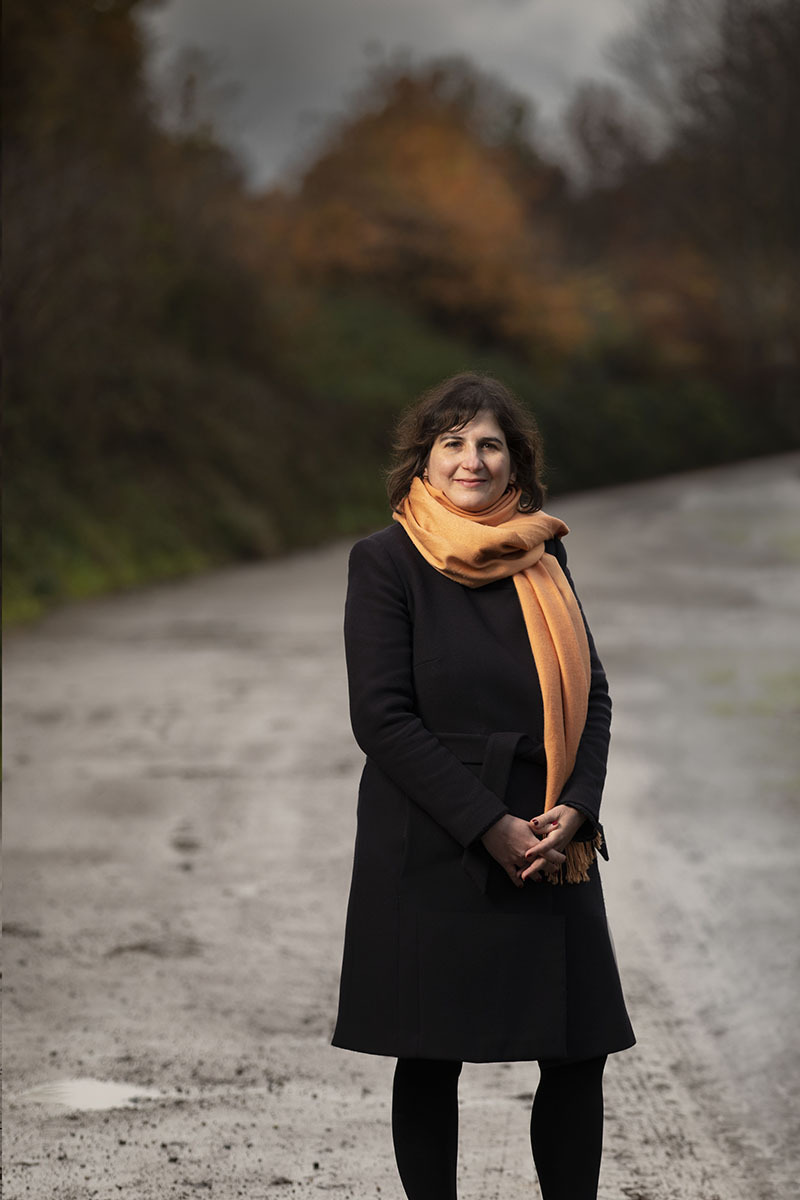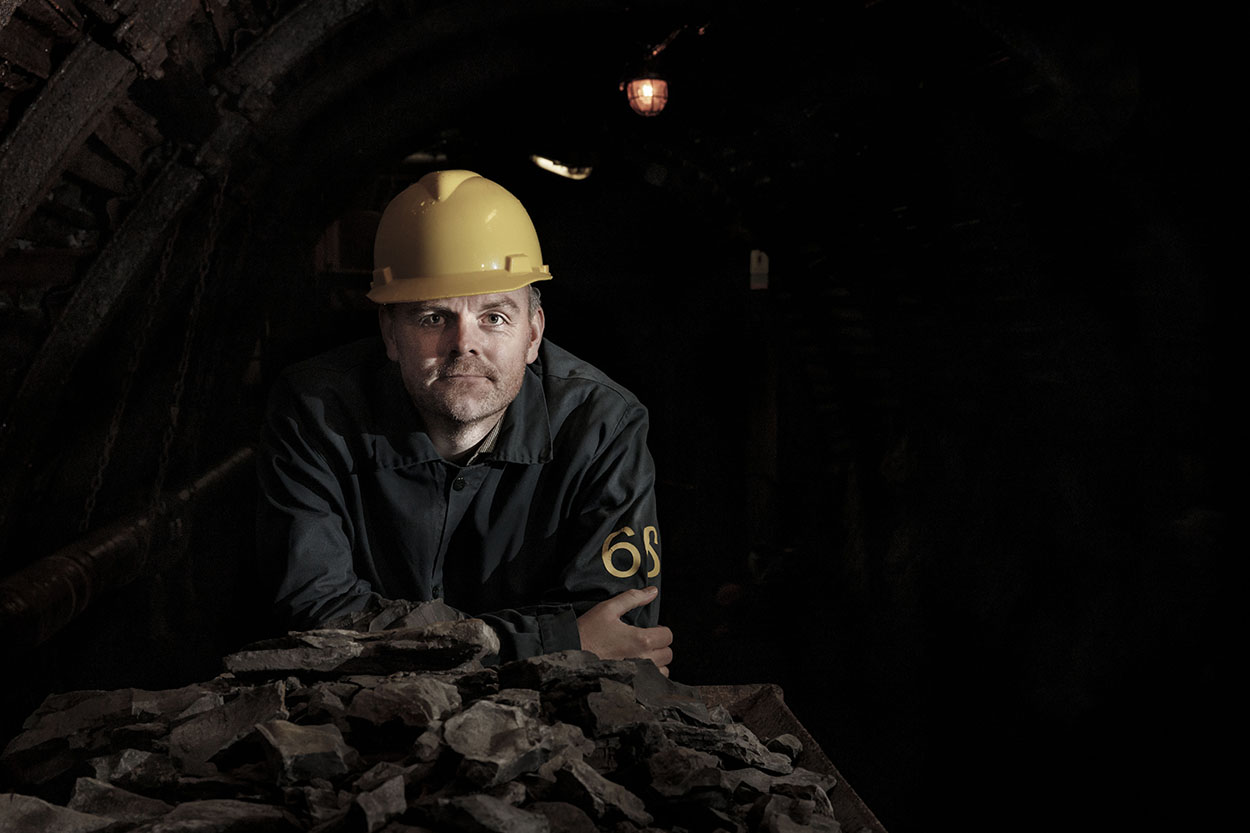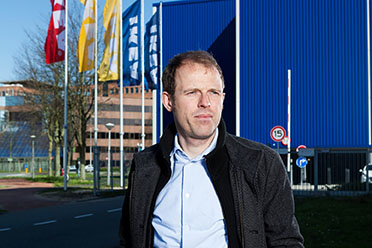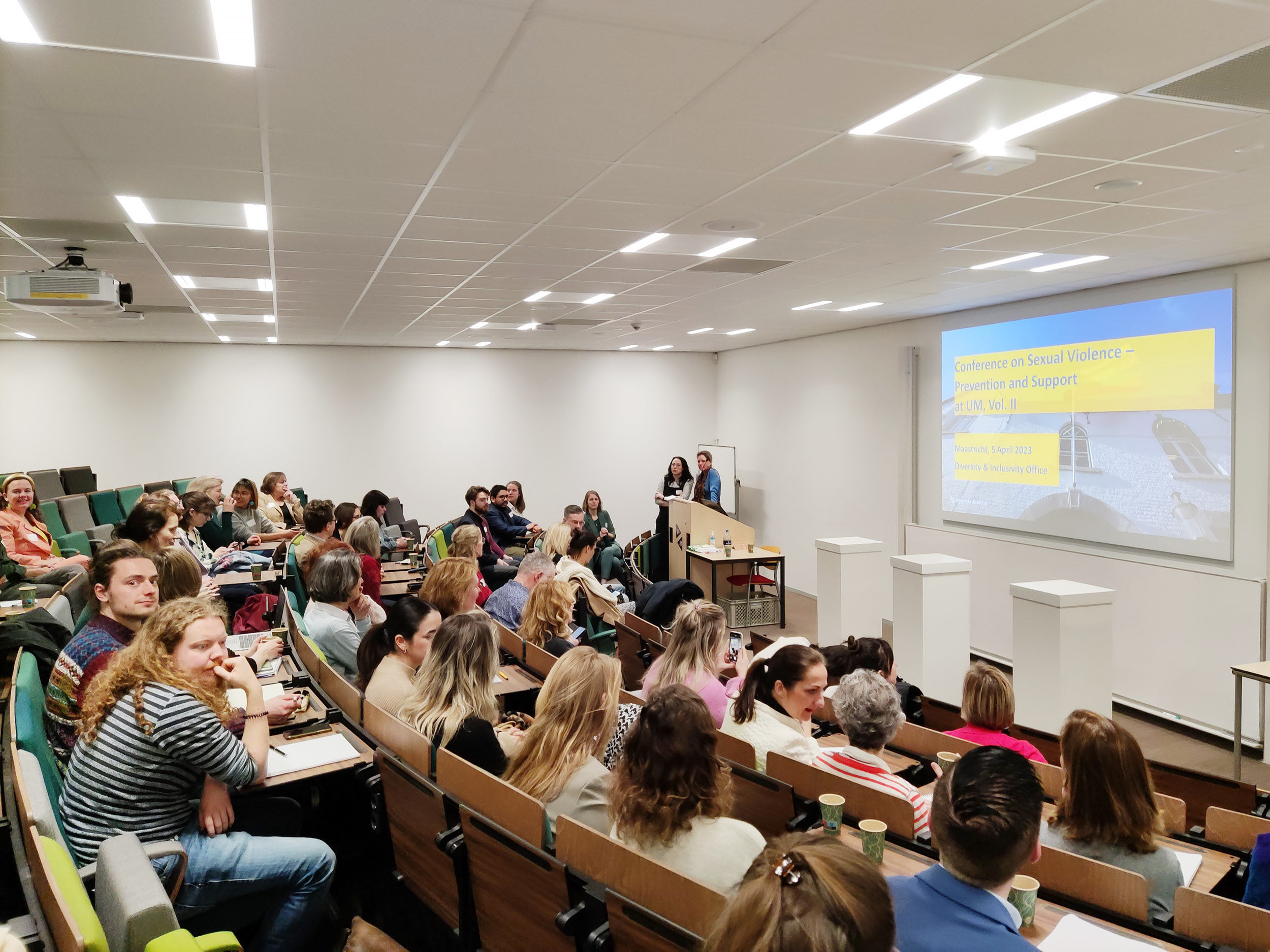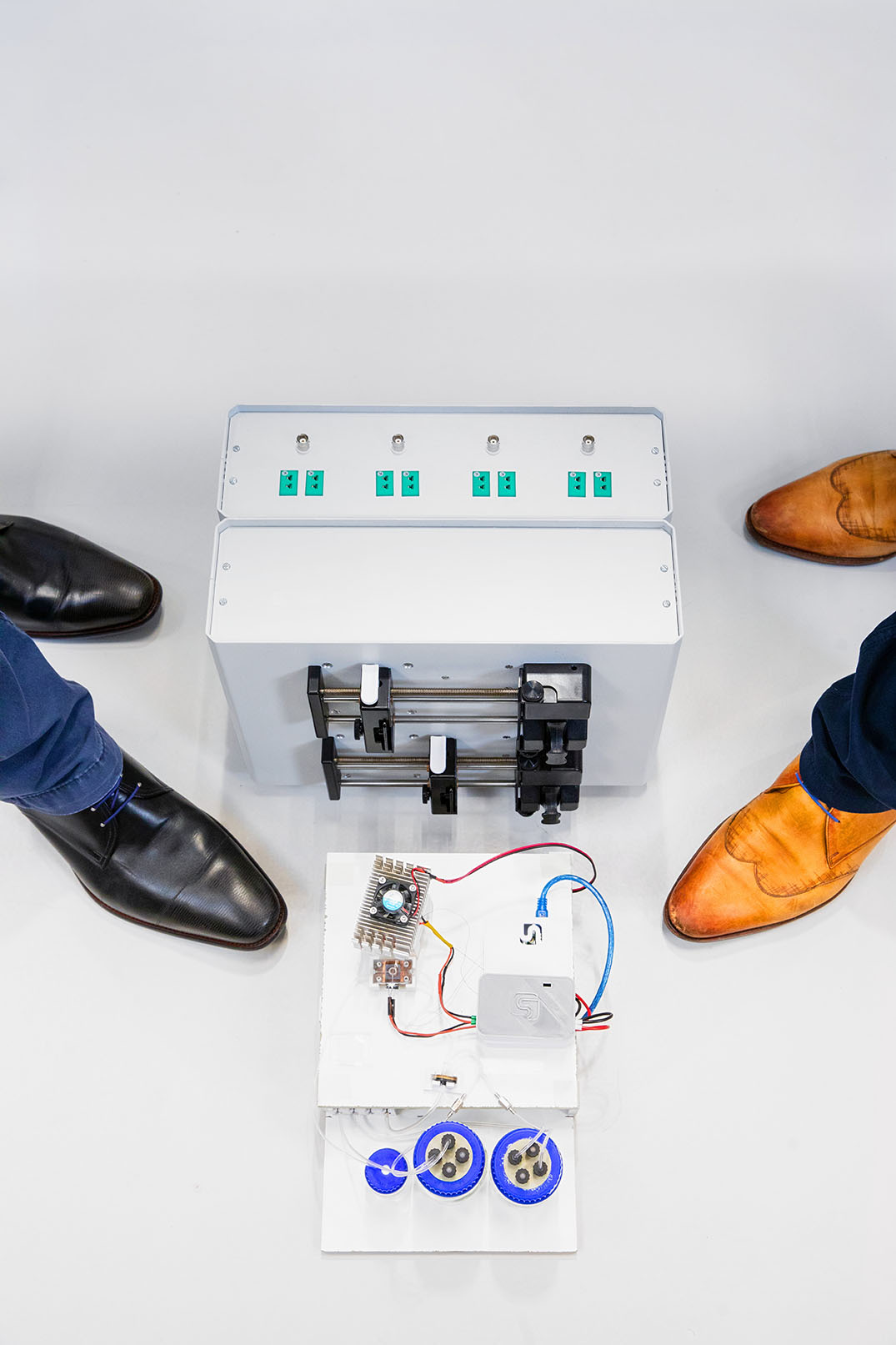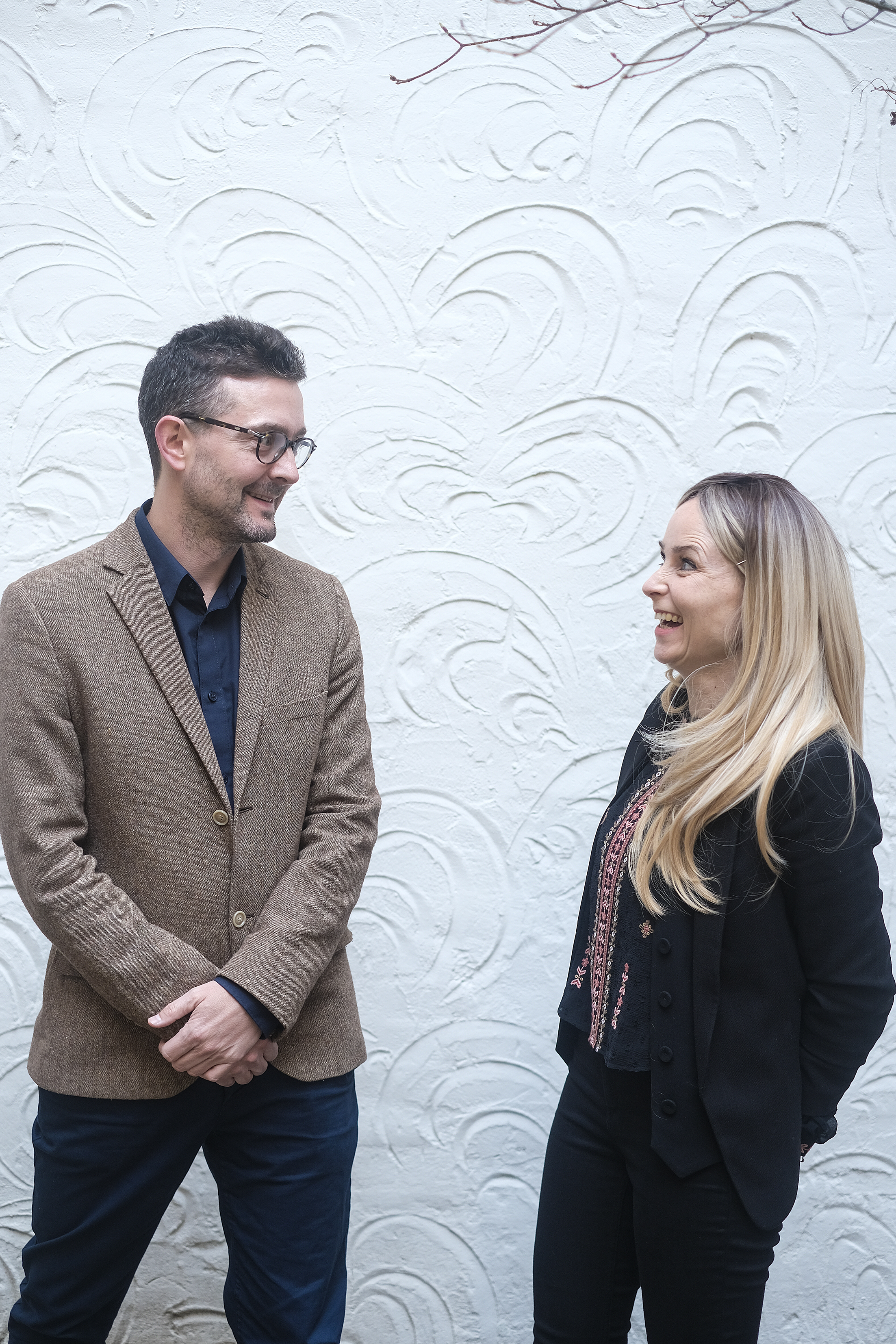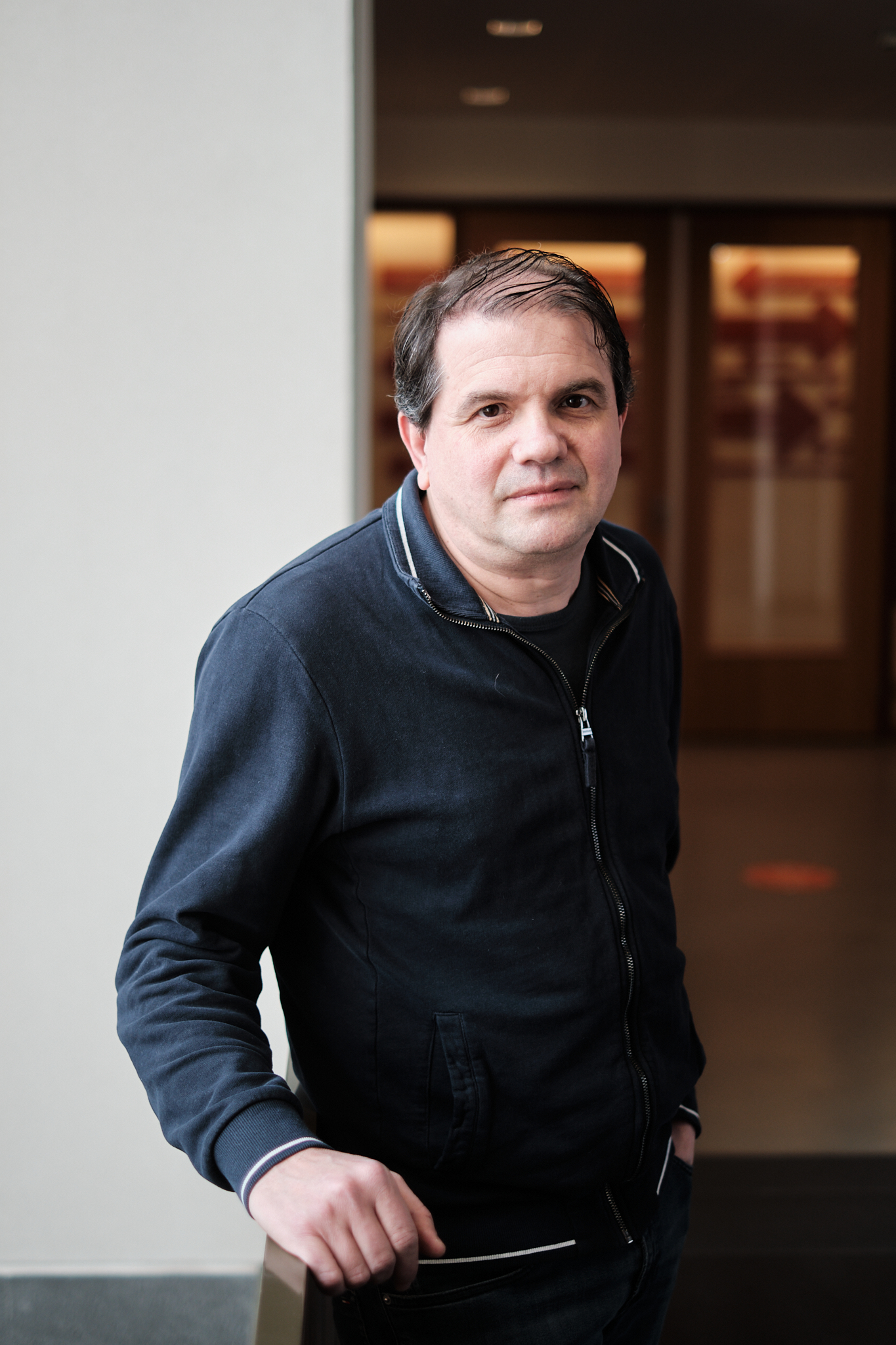News
-
EU immigration and asylum law are plagued by disharmony and dysfunction. Lilian Tsourdi, assistant professor of International and European Law, is investigating how to improve the situation.
-
Why do humans act the way they do? To answer this complex question, Hannes Rusch has to be a bit of everything: economist, biologist, philosopher, mathematician. He recently received a €1.5 million ERC Starting Grant to develop and empirically validate an interdisciplinary theoretical framework for...
-
Is sustainability worthwhile? Or is it only worth it if it makes financial sense? Professor in Real Estate Finance Nils Kok and Professor of Planetary Health Pim Martens discuss.
-
As a student of Business Administration at Maastricht University, Alberic Pater had no clear-cut career plans. The penny dropped when he was studying in Pretoria, South Africa.
-
In November 2021, UM signed Amnesty International's manifesto Let's Talk About Yes. That was the go-ahead for UM to intensify activities against sexual violence. What has happened since then and what developments have taken place within UM's various departments to address this important issue? And...
-
While the discourse around ChatGPT has probably started reaching saturation point, it’s worth pointing out how few of these discussions are actually about the chatbot itself. From being too quick to accuse students of cheating, to underestimating what humans can do, to the perils of following the...
-
It all started with an unexpected discovery. Bart van Grinsven, associate professor of Sensor Engineering, figured out how to detect microparticles—bacteria, toxins and proteins—in a liquid using a rapid testing method based on heat transfer. Through the startup Sensip-dx, Jaap Drenth is now turning...
-
The Centre for European Research in Maastricht and UM Campus Brussels often work together to create impact.
-
Elia Formisano, professor of Neural Signal Analysis at the Faculty of Psychology and Neuroscience recently published a paper in Nature Neuroscience in collaboration with Bruno Giordano at Université Aix-Marseille, France and Michele Esposito, Giancarlo Valente. The title of the paper is Intermediate...
-
ChatGPT’s ability to create plausible academic arguments asks serious questions about higher education. Walter Jansen of UM’s Centre for Teaching & Learning EDLAB and Peter Vermeer, chair of the Committee of Boards of Examiners, on how best to approach this new tool and safeguard the quality of...
